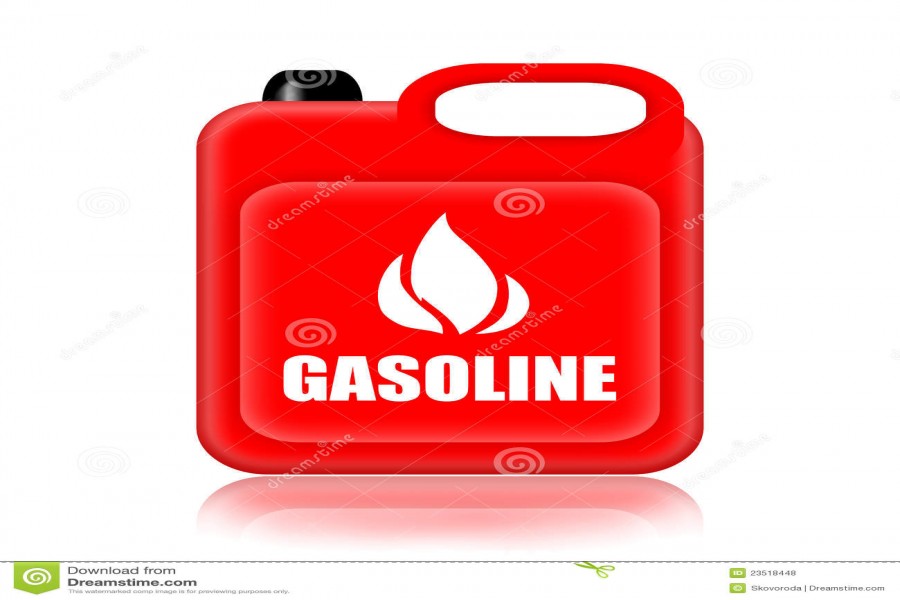
Published :
Updated :

Retail U.S. gasoline prices continued to rise as pipelines and terminals remained closed in Texas a week after Harvey made landfall as a Category 4 hurricane, forcing refineries to warn customers about fuel-supply shortages, reports Reuters.
Gasoline prices have risen more than 17.5 cents since Aug. 23, before the storm began. They were at $2.59 a gallon on Saturday, according to motorists advocacy group AAA, 16.7 percent higher on average than a year ago.
In Texas, the epicentre of the storm, where over 88,000 houses and businesses remain without power and reconstruction efforts have just begun, prices rose more than 3 percent from Friday to Saturday, and were up 12 percent from a week ago.
As the government tried to secure funds for reconstruction efforts in Texas that could take years, producers, refiners and infrastructure operators worked against the clock to reopen facilities.
Refiner Motiva has warned customers along the route of the largest U.S. fuel pipeline to prepare for shortages after Harvey shut refineries and cut supply to the line, said a source at convenience store and gas station chain Circle K, supplied by Motiva.
Circle K said the company was working with a limited supply.
In some Texas cities including Dallas, there were long lines at gas stations on Friday.
Harvey shut refineries that can process up to 4.4 million barrels per day of crude, accounting for nearly a quarter of U.S. fuel production capacity. The plants shut down include Motiva’s 603,000 bpd facility in Port Arthur, Texas, the largest refinery in the country.
Nearly half of U.S. refining capacity is in the Gulf Coast region, an area with proximity to plentiful crude supplies from Texas oil fields and also Mexican and Venezuelan oil imports. Most major Texas ports remained closed to large vessels, limiting discharge of imported crude.
“The refineries were built on the Gulf Coast with the idea that we’re going to import,” said Sandy Fielden, director of oil and products research at Morningstar in Austin, Texas. “That’s why we’re having problems today because that’s where they were all built.”
The reduced availability of fuel has forced the Colonial Pipeline, which provides fuel from refineries near the Gulf of Mexico to the U.S. Northeast, to reduce supplies.
But some crude oil pipelines have restarted. Magellan Midstream Partners (MMP.N) announced late Friday that it resumed operations on its BridgeTex and Longhorn crude oil systems. The two pipelines transport around 675,000 barrels per day of West Texas crude oil to East Houston.
The company says it expects to resume service on its Houston crude oil distribution system over the weekend.
As of Friday, the volume of U.S. crude production still shut-in had declined to about 153,000 barrels per day, from 324,000 just two days ago.


 For all latest news, follow The Financial Express Google News channel.
For all latest news, follow The Financial Express Google News channel.